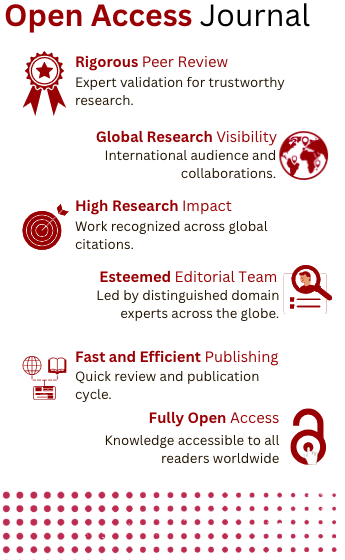A Study on Efficient Monitoring of Elderly People by automatic activity recognition using variable sensors
Keywords:
WSN, Internetworking, Remote patient monitoring, variable sensor unitAbstract
In modern era of hyperactive working environment culture, a challenge is seen in monitoring the elderly people at the home. This paper focus on how elderly parents can be monitored under a sensor configuration. The main objective of this survey paper is to focus on the agenda of how exactly WSN and inter-networking environment is used with a sophisticated technological usage. The paper also includes various proposed terminologies and the proposed methodological protocol on this subject.
References
English, W. H. World population. World, 103(127), 148.
Chernbumroong, S., Cang, S., Atkins, A., & Yu, H. (2013). Elderly activities recognition and classification for applications in assisted living. Expert Systems with Applications, 40(5), 1662-1674.
Nam, Y., & Park, J. W. (2013). Child activity recognition based on cooperative fusion model of a triaxial accelerometer and a barometric pressure sensor. IEEE journal of biomedical and health informatics, 17(2), 420-426.
Maurer, U., Rowe, A., Smailagic, A., & Siewiorek, D. (2006). Location and activity recognition using eWatch: A wearable sensor platform. In Ambient intelligence in everyday life (pp. 86-102). Springer, Berlin, Heidelberg.
Gjoreski, H., & Gams, M. (2011). Activity/Posture recognition using wearable sensors placed on different body locations. Proceedings of (738) Signal and Image Processing and Applications, Crete, Greece, 2224, 716724.
Periasamy, K., Periasamy, S., Velayutham, S., Zhang, Z., Ahmed, S. T., & Jayapalan, A. (2022). A proactive model to predict osteoporosis: An artificial immune system approach. Expert Systems, 39(4), e12708.
Parkka, J., Ermes, M., Korpipaa, P., Mantyjarvi, J., Peltola, J., & Korhonen, I. (2006). Activity classification using realistic data from wearable sensors. IEEE Transactions on information technology in biomedicine, 10(1), 119-128.
Fleury, A., Vacher, M., & Noury, N. (2009). SVM-based multimodal classification of activities of daily living in health smart homes: sensors, algorithms, and first experimental results. IEEE transactions on information technology in biomedicine, 14(2), 274-283.
Ohtaki, Y., Inooka, H., Sagawa, K., Suzuki, A., Xiumin, Z., Okutsu, M., & Nagatomi, R. (2004). Recognition of daily ambulatory movements utilizing accelerometer and barometer. Power, 100, 102.
Hong, Y. J., Kim, I. J., Ahn, S. C., & Kim, H. G. (2010). Mobile health monitoring system based on activity recognition using accelerometer. Simulation Modelling Practice and Theory, 18(4), 446-455.
Barsocchi, P. (2012). Position recognition to support bedsores prevention. IEEE journal of biomedical and health informatics, 17(1), 53-59.
Patil, K. K., & Ahmed, S. T. (2014, October). Digital telemammography services for rural India, software components and design protocol. In 2014 International Conference on Advances in Electronics Computers and Communications (pp. 1-5). IEEE.
Downloads
Published
How to Cite
Issue
Section
License
Copyright (c) 2022 Syeda Noor Fathima, Syeda Ayesha Siddiqha

This work is licensed under a Creative Commons Attribution-NonCommercial-NoDerivatives 4.0 International License.



